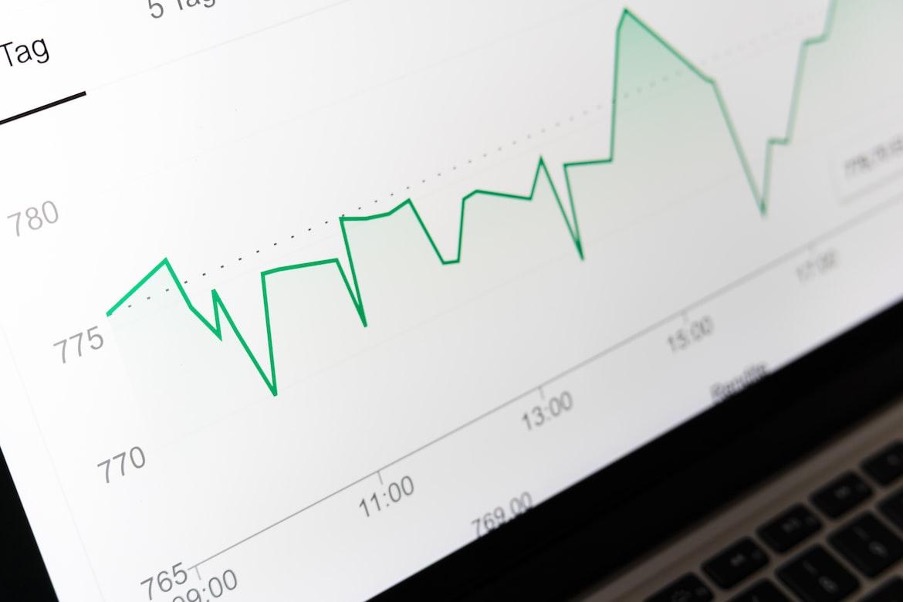Commercial loans are a type of loan that businesses can use to finance short-term or long-term needs. There are a variety of different types of commercial loans available, and businesses can choose the one that best suits their needs. Commercial loans can be used for a variety of purposes, including expanding or starting a business, purchasing equipment or property, and covering other short-term expenses. They can also be used to finance long-term projects, such as construction or real estate development. Businesses should carefully research the different types of commercial loans available before applying for one. It is important to find a loan that has terms and interest rates that fit the business’ budget and needs. There are a number of different types of commercial loans available to businesses. Some examples include:
Bridging Loans
A bridging loan is a short-term loan that is used to cover the gap between when a project begins and when long-term financing can be found. The folks behind ABCFinance note that bridging loans can be used to cover the costs of construction projects, business purchases, and other short-term expenses. They generally have higher interest rates than traditional loans, but they are often a good option for businesses that need short-term financing quickly.
Term Loans
Term loans are longer-term loan options that can be used to finance larger projects. They can be used for purchasing equipment, expanding a business, or for long-term investments such as real estate development. The interest rate and repayment terms of term loans vary depending on the lender and the purpose of the loan.
SBA Loans
The Small Business Administration (SBA) offers loans to small businesses that have difficulty obtaining traditional loan options. The SBA offers loan guarantees, which are designed to reduce the risk of lending for lenders and help small businesses get access to capital. It is important to note that the SBA does not offer direct loan funding. They only guarantee a portion of the loan for lenders, who are responsible for providing the remainder of the funds. SBA loans can be used for a variety of purposes such as purchasing real estate, buying equipment and inventory, or refinancing existing debt. Common types of SBA loans include the 7(a) Loan Program, Community Advantage Loans, Certified Development Company (CDC/504) Loans, and Microloans.
Equipment Loans
These are designed to finance the purchase of equipment or machinery needed for production. They are often short-term, with relatively higher interest rates than other types of commercial loans. Generally, the loan term and repayment length depend on the useful life of the equipment being purchased. The lender would generally secure the loan by taking a lien against the equipment itself; if you fail to make payments, your lender can take possession of it.
Invoice Financing
This type of loan is ideal for businesses with a lot of transactional activities such as manufacturers, wholesalers, and retailers. These types of loans are typically secured by accounts receivable or invoices. The lender will advance money to you based on the value of your outstanding invoices. This can provide your business with a steady stream of working capital. When you use invoice financing, the lender will purchase your outstanding invoices at a discounted rate and then collect payment from your customers. As soon as they receive this payment, they will return the balance to you minus their fees.
Business Line Of Credit
This type of loan is used as a source of short-term financing and can be used for working capital, inventory, purchasing equipment, making renovations to a business premise, and other purposes. The borrower is approved for an amount of credit from the lender and can draw down on that loan as needed up to the approved limit. Repayment terms vary depending on the type of loan and can also include a line of credit with a fixed interest rate or with a variable interest rate. Keep in mind that not all business loans offer lines of credit.
In conclusion, there are a variety of commercial loan options available to businesses. It is important to understand the different types of loans and their repayment terms before making a decision. It is also important to shop around for the best rates and terms, as well as find a lender that meets your business needs. With careful research and planning, you can find the right loan for your business. If you need help deciding on the best loan option for you, consider consulting with a financial expert. They can help you make the wisest choice for your business. By doing so, you can ensure that your business has the capital it needs to grow and succeed.


